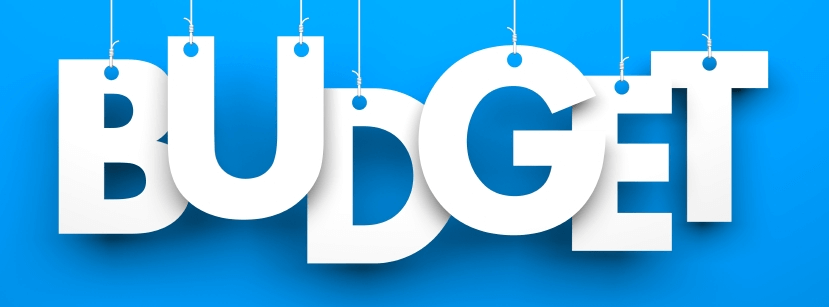Tips On Managing Your Credit Card Payments

UPDATED: April 17, 2018 – Credit cards offer a range of benefits from building better credit scores to rewards programs that provide cash back on purchases, but they also represent a significant level of financial risk for those who are unable to manage their payments.
Very often, building strong credit comes down to simply putting a consistent system for managing card payments in place, ideally before you’ve made mistakes that can pull you into debt but certainly afterward as well. With these few simple tips, you can set up your personalized system to reduce the hassle, anxiety, and high cost of your credit cards interest rate.
Avoid This Common Credit Card Payment Myth
 One persistent myth is that you should carry a balance over to the next month because it improves your credit score. It does not.
One persistent myth is that you should carry a balance over to the next month because it improves your credit score. It does not.
There is no direct negative impact on your credit score if you carry over a small balance each month, but there is certainly no benefit either and if you do you are essentially giving money away in interest payments.
Also, be aware that small balances, when given time and interest, can quickly snowball into very large balances that you can’t pay off.
The lesson: Don’t carry a balance in the hope that it will improve your credit score.
Pay Down Highest Interest Cards First 
You should always make at least the minimum payment on every card that carries a balance, but what if you are unable to pay off multiple cards in full and must choose how to distribute payments among several?
In that case, it makes the most sense to focus on the highest interest card first rather than spread payments out evenly among several cards. This can shave off a few points in high-interest payments and leave you paying off only the lower interest cards sooner.
Use Online Credit Card Portals and Pay Electronically
If you’re reading this, it’s safe to assume you have access to the Internet. If so, you have one of the most powerful tools for managing your payments: the online payment portal from your credit card company.
This allows you to monitor suspicious charges and control your spending but it also allows you to manage your card payments with far more flexibility than was possible in the past. Some companies even offer mobile apps, making account management even more convenient.
Quick tip:
If you have multiple cards, sync the monthly due dates between your cards to the same date. Most cards now allow the consumer to specify the date on which payments are due. This makes it much less likely to miss a credit card payment!
Don’t wait for a letter in the mail or an email to remind you when your payments are due; instead, set up a date of your choosing and build a routine around paying before this date. Paying off the card multiple times per month, especially around large purchases, can keep you under the ideal 30% total credit utilization level as well.
Keeping your cards paid off will not only save you money by giving you the maximum benefits when it comes to points and air miles, but it will also save you from needing to make interest payments that add up quickly.
A Budget is Your Best Friend

If your budget is running a little tight, it can be a good idea to plan specifically for any purchases made on the card and take care to not spend extra money until the transactions have posted.
Once posted, pay them off. The more quickly you pay off your purchases, the less likely you are to forget about them and let them build up or get out of hand.
Try to avoid using credit cards for purchases you can’t afford to pay off completely in the short term since this will help you manage the payments in a consistent way.
If you are planning to make a large purchase with your credit card, plan additionally to save up so you are prepared to pay it off within a month or two. When you’re able to build a consistent payment routine, you can save money while building credit.


